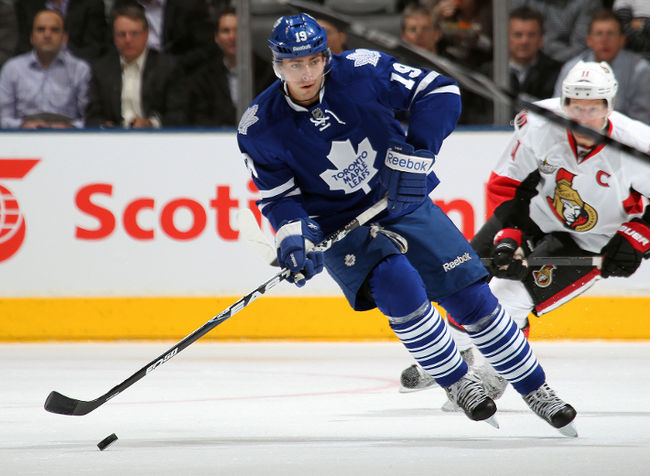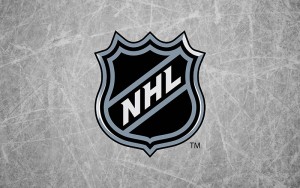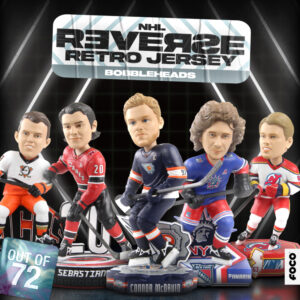“Let’s get this straight: This is not a PR piece. You’ve seen enough of those and, frankly, I don’t really care to attempt to sway public opinion.”
Joffrey Lupul gets it. He isn’t out to tell fans who to blame or to try to sway their favor one way or another. In fact, he knows that fans are pissed at everyone – the owners who make millions of dollars on outrageous ticket prices, concession fees and merchandise, and the players who make millions for playing hockey.
No, Lupul isn’t out to tell you who are to blame for the current lockout, the cancelled preseason games or the threat of cancelled regular season games. But if you’re going to be pissed, he wants you to know why you should be pissed.
Lupul recently authored an article for Ask Men offering an insightful and unadulterated look at why the lockout is currently in place despite record-setting revenue last season. It provides honest insight into the NHLPA’s view of negotiations and what they think it will take to really fix the system.
In the article, Lupul references back to the NHL previous lockout in 2005, the one that saw an entire season get cancelled because the owners and players could not come to an agreement on how to fix a financially unstable system. Lupul also points out that the answer then was for the players to accept a 24 percent rollback in salary and agree to a salary cap. According to the owners, this was the only way to help financially struggling franchises and would fix the broken system.
Fast forward seven years and the owners are again asking for a 24 percent reduction in player salaries. Why? Because small-market teams are struggling financially and salary restrictions are the only way to address this issue.
Sound familiar? Lupul seems to think so.
“We have no problem helping struggling franchises, but we also need revenue-sharing help from some of the “big market teams,” wrote Lupul. “A reduction in player salaries, without more, provides additional income to all the teams. In a league with record-setting revenue, there is certainly a solution in distributing revenue among struggling franchises. That solution will not be to take it all back from the players, this time around.”
Lupul speaks a truth that is both admirable and frightening. The sense of strength emanating from the players’ union indicates that this lockout could drag on for as long as it takes to finally fix a broken system. The owners have presented plans that they believe will do just that. Unfortunately, that plan worked for seven years, raised the NHL to record-setting revenue and still failed to help the small-market, financially struggling teams.
The players have also submitted their proposal, one that would see revenue sharing between clubs so that the owners in big markets share some of the burdens along with the players.
But neither side seems to be willing to budge on this issue. In 2005, the NHLPA was fractured. This time around, as Lupul indicates in his article, the NHLPA is unified, stable and committed to one common goal – achieving an agreement that will sustain the NHL and all teams involved.
I admire their dedication to fixing the system once and for all. However, it’s frightening to think what might happen to NHL hockey before that fix occurs. One month of lost games? Two months? An entire season of lost games again?
“Athletes are paid exceptionally well for what we do, and I am thankful for that. But I am also mindful of what is reasonable and what is not, and we are not about to settle for less than a fair agreement for owners and players alike,” wrote Lupul. “So it doesn’t matter to me if you pick sides, or if you’re mad at everyone involved. But you should know the fans are what make this game special.”
That’s a great sentiment coming from an NHL player who seems to really get what’s going on and understand the frustration of the fans. However, I’m fearful that if a lockout drags on, if another season is cancelled, that the NHL won’t have any fans left to help make the game special.


